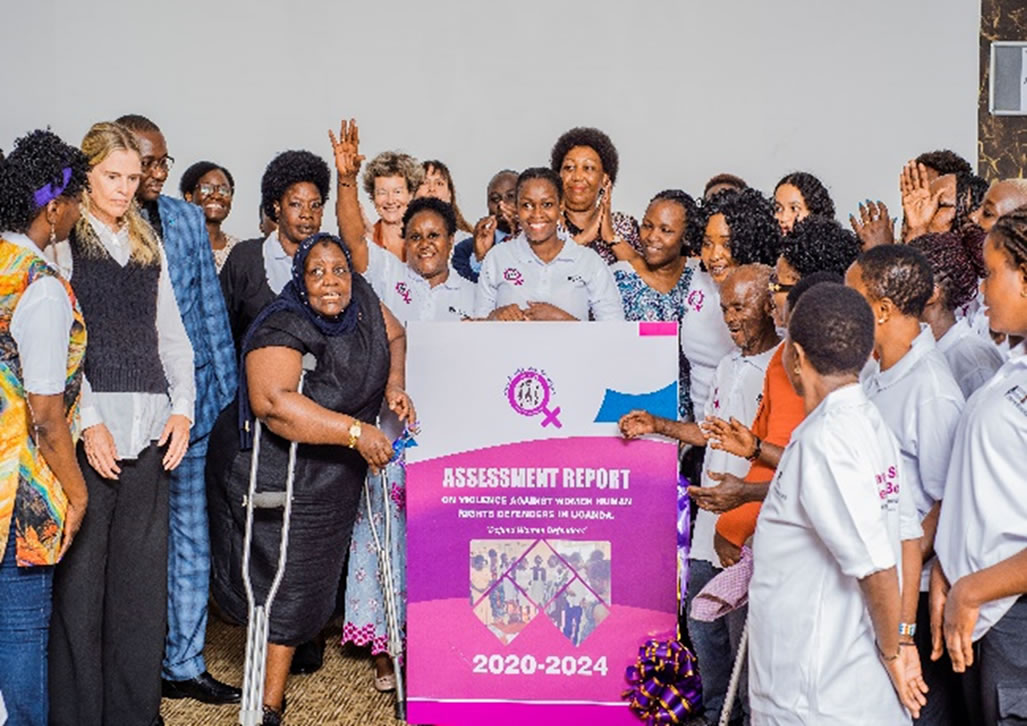On November 29, 2024, the Women Human Rights Defenders Network Uganda (WHRDNU) launched a pivotal report documenting violence against women human rights defenders (WHRDs) in Uganda between 2020 and 2024. The launch, commemorating the International Day for WHRDs, highlighted the urgent need for protection in an environment where WHRDs face relentless attacks for their advocacy work. The report, built on extensive research and real-life experiences, unveils the stark reality of these defenders who tirelessly fight for human rights amid patriarchal violence and societal norms that often undermine their work.

The findings reveal a staggering 260 documented attacks on WHRDs, with the majority targeting individual defenders. These violations range from physical and emotional harm to professional discreditation and harassment, often leading to deep-rooted fear and self-censorship among defenders. Notably, community members were identified as the primary perpetrators, contradicting the expectation that communities would offer safety.
The report emphasizes the profound toll these attacks take, not only on the physical well-being of WHRDs but also on their mental health and professional reputation. Yet, it also underscores their resilience, highlighting the invaluable role they play in promoting democracy, justice, and peace in Uganda.
Through this report, WHRDNU calls for stronger protection mechanisms, urging government bodies, civil society organizations, and development partners to embrace its recommendations. It is critical that these stakeholders enhance advocacy efforts, integrate gender-sensitive protection strategies, and offer flexible, sustained funding for WHRDs to continue their work fearlessly. The report also highlights the need for gender-based analysis in addressing violence and for recognizing the role of digital spaces as both a tool of empowerment and a platform for abuse.
As we reflect on the findings of this ground-breaking report, it is clear that the path to justice for WHRDs requires collective action. The report serves as a reminder of the urgent need to prioritize the safety and well-being of those who defend human rights, ensuring that no sister is left behind in the fight for a just and equal society.
